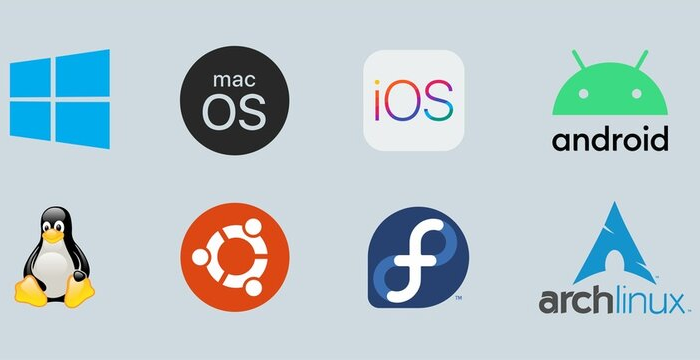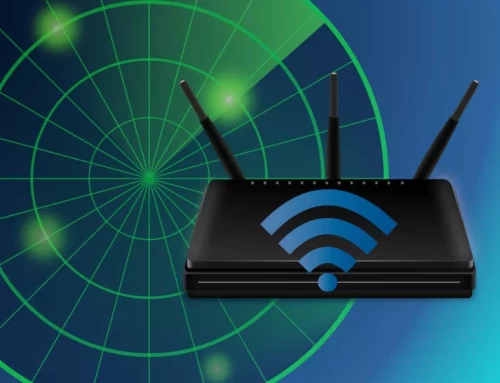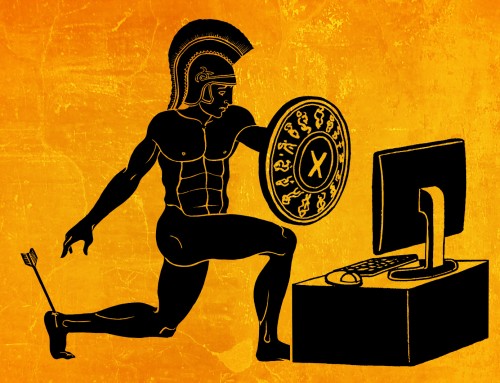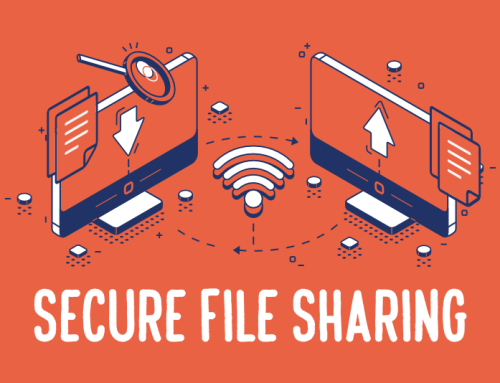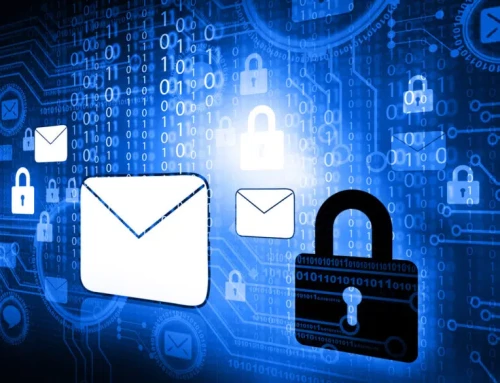How to Speed up Computer
Has your computer become significantly slower over time? The answer is probably yes, and it can be frustrating to shut down your computer once faster during a simple task. Computers slow down for a number of reasons, but most of them boil down to one thing: we use them. When you download programs, install extensions, browse the web, create files, and fill your hard drive with movies and music, you’ll inevitably create virtual trash that will affect your PC’s performance. So, if you wonder why my computer is so slow? Here are the most common reasons your computer slows down – and the simple steps you can take to make it work faster.
Click here to download Free Cleaner
We all want a computer that runs at the optimum speed. But sometimes it feels like it takes forever. And we all suspect there is something we can do. But we don’t always know how to make it faster. There are several factors that can contribute to your computer slowness, and they usually get worse over time. This article explores these factors and provides suggestions on ways to speed up your computer.
Top Reasons Your Computer is Running Slowly
Your laptop can run slowly for all kinds of reasons, but here are some of the main candidates:
- Too little storage space: As you add files to your PC, the available space on your hard drive will be full. This can impact the performance of your computer. Clean your storage space from time to time to free up space.
- You could have a virus: You could have caught a virus that is monopolizing your computer resources and putting your personal data at risk. Run an Anti-virus software to get rid of it.
- Your broadband is slow: The culprit may be your Internet connection, not your computer. Run a broadband speed checker to see what sort of download speed you are getting.
- Out Dated Software – Have you rejected the software update too often? Yes, it’s annoying, but having no more up-to-date software can slow you down.
- Downloading large files – You may be downloading a large file (such as a system update) in the background, which may be blocking your computer. Check what’s in your download queue.
- You need more RAM – Increasing the RAM on your computer quickly gives it a little more room for thinking and dramatically improves speed.
- You have too much software – your computer may have trouble running multiple programs at once. Check the programs it starts on startup and remove those that are not.
- Your computer is too old – Sometimes your PC is too old to follow. If you can not speed up the process, it’s probably time to invest in a new computer.
How to Speed up Computer
1. Clean up Junk Files and Programs
- Use a free system cleaner such as Junkoust Cleaner to erase unnecessary files from the Windows operating system itself, the Windows registry and third-party programs such as your web browsers, which want to collect cache files.
- If these temporary Internet files and other useless items remain too long, they can not only block programs, make them inefficient and slow, but also take up valuable space on the hard drive.
- Clean your desk if it is cluttered. If Windows Explorer loads these icons and folders every time the desktop is refreshed, it can cause an unnecessary load on your hardware, removing system resources that could be used elsewhere.
- Remove unwanted programs that just stay on your computer. These not only take up space on the hard drive, they can also open automatically with Windows and run in the background all the time, consuming fewer resources than the processor and memory. There are several free uninstall tools that make it really easy.
2. Update your computer software
Making sure your computer software is up-to-date is one of the easiest ways to speed up your computer. That said, a lot of the software on your computer could be at the mercy of less unrelated third-party developers than big developers like Microsoft and Apple in terms of issuing updates.
3. Remove Viruses, Malware, Spyware, Adware, etc.
Your computer may also be slow because malicious software slows it down and runs in the background. These may not be malware, but software that hinders your web surfing and adds additional advertising. That’s why one of the keys to helping your computer speed up its production process is to have a protected system that stays clean from these dubious programs. Make sure to use RAM Anti-virus or an anti-malware tool such as RAM Malware Removal and keep them always up-to-date and real-time protection turned on.
4. Free Up Disk Space
If your hard drive is almost completely full, your computer can run noticeably slower. You want to leave room for your computer to work on your hard drive. Just use the Junkoust cleaning tool by RAM Antivirus to help you.
5. Uninstalling useless programs
Open the Control Panel, find a list of installed programs, and uninstall any programs that you do not use and that you do not need from your computer. This can help speed up your PC because these programs can include background processes, auto-start entries, system services, pop-up menu entries, and other things that can slow down your PC.
6. Upgrade your memory (RAM)
If you are running heavy programs such as Photoshop, or if you tend to run multiple programs at once and notice that your system slows down when you switch from one to another, installing more RAM can make your life easier.
7. Upgrade your hard drive
If your computer is slow when booting, opening files, or loading games, you’ll experience a dramatic increase in performance from a hard drive to an SSD. Unlike hard drives where the drive rotates to read data, SSDs have no moving parts, instead of storing data on interconnected transistors that operate at the speed of light. When hard drives start, it takes time for the drive to run at full speed, while SSDs work instantly, allowing you to read data much faster and speed up your PC.
People May Also Like…
Operating System (OS) security
Securing Operating System: Protecting Digital Environments In the rapidly changing world of technology, operating system (OS) security is a vital line of defence against online attacks. Operating system security is the first line of defence
Data protection
What is the data protection Data protection has grown to be of utmost importance to both individuals and organizations in the connected. world of today, where information travels quickly across many digital
What is a security software
Security software It is impossible to overstate the value of strong security software in today's digital world. Individuals and organizations must take proactive measures to safeguard their sensitive data and defend against
Website reputation analysis
Website reputation analysis Websites are incredibly important for establishing an online presence for businesses, organizations, and people in the modern world. Analysis and evaluation of a website's reputation are crucial because there are


